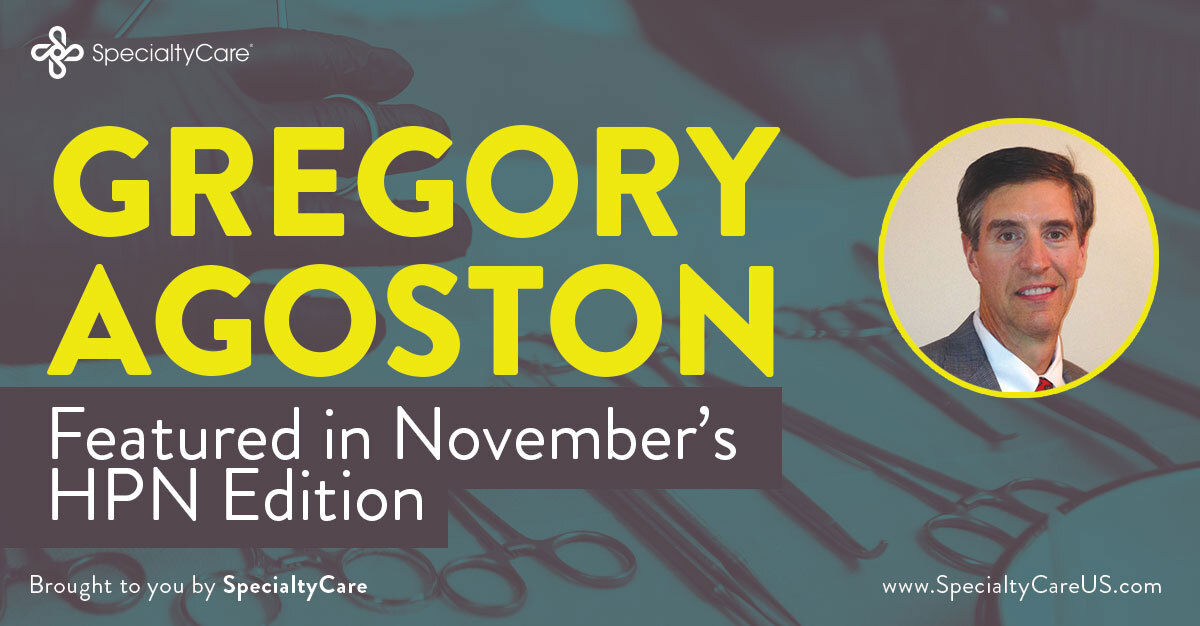Recently, many sterile processing departments (SPDs) have implemented disposable/single-use-only endoscopic devices. There has been media buzz surrounding the development of these new instruments, and many people believe that it’s leading to more infections. Although endoscopes are challenging to disinfect and sterilize, SPD leaders want to ensure that those on the front lines remain grounded in the fundamentals.
Sterile Processing Survey and Results
Healthcare Purchasing News (HPN) reports that improper processing doesn’t trickle down to just the devices and technological complexity, but poses a more significant problem—lack of communication, education, and training within SPDs. HPN recently surveyed a small group of sterile processing experts on seven potential scenarios that might influence how SPDs navigate the 2020s from a quality standpoint.
For the past three years, the top two results have consistently shown that thoroughly educating, training, vetting, and certifying SPD staffers on proper and effective cleaning techniques and demanding, receiving, and following validated instructions for use (IFUs) are the two most critical factors impacting sterile processing quality assurance.
Perspectives and Alternatives
Gregg Agoston, VP of Business Development, SPD Transformation Services at SpecialtyCare, strongly agrees with the top four rankings. Rankings #3 and #4 hold staffers accountable and responsible for endoscope cleaning violations and comprehensively monitor and track all process steps with sensors and video technology.
However, he believes that they should swap rankings #6 and #7, making switching to disposable/single-use-only endoscopic devices for selected endoscopic procedures the least important instead of implementing that measure for all endoscopic procedures. Agoston also believes that SPD staff quality is critical.
Agoston states, “For the processing of flexible endoscopes used in a GI clinic, most hospitals and clinics have dedicated staff whose only job is to assist with the endoscopes and process them. Having a dedicated team, who are highly trained to follow all steps outlined in the [instructions for use] is critical to the successful cleaning and processing of the devices.” Many hospitals’ SPDs don’t process flexible endoscopes as confidently to ensure that all IFUs are followed. This results from the technician’s lack of education and training and an SPD common practice that all technicians take turns going through the process.
Agoston continues, “By not designating qualified staff to the important function of cleaning flexible endoscopes, significant variation is created in quality. With some flexible endoscopes IFUs containing over 100 pages of instruction for processing, if the hospital does not designate highly-trained specialists to clean flexible endoscopes, there is a significant chance that the instruments will not be properly prepared for sterilization or high-level disinfection.”
The root of all sterile processing problems has always been a lack of education and adequate training, not having quality staff, and a faulty process. Agoston believes that allowing everyone within an SPD to have a hand in decontaminating complex instruments leads to significant errors. Additionally, he believes that switching to disposable single-use-only devices only leads to more errors.
Agoston states, “With over 50 million GI procedures and another 25 million surgical procedures performed with flexible endoscopes (e.g., ureteroscopy, cystoscopy, ENT, etc.), if we switched to disposable flexible endoscopes, the mountains of surgical waste would be enormous. In addition, while flexible endoscopes are complex instruments, they certainly are not the only complex instrument that we ask SPD to process. If we are calling for disposable or ‘semi-reusable’ flexible endoscopes because we are not confident in SPD to process them, then we should be calling for disposables for Da Vinci instruments, and most of the other complex instruments used in minimally invasive orthopedic, spine, ENT, etc.”
Agoston traces the roots of SPD quality concerns back to the 1940s. During this time, the instruments were simple but the sterilization process was complex. There was no automation or record-keeping and staff from various departments, who had no sterile processing experience, cleaned and sterilized instruments under proper supervision. Expecting this in today’s medical landscape isn’t attainable due to significant advancements in sterile processing.
When talking about a solution to the current problems, Agoston adds, “The solution is in allowing for specialization in SPD where there [are] staff who are more highly trained to process complex instruments,” he recommended. He goes on to explain, “We do this in orthopedics with the help of the vendor reps, and we do it in GI endoscopy clinics. For the vast amount of other complex instruments for MIS, everyone in SPD takes a turn. Recall that there are many small diameter flexible endoscopes that are processed by SPD. This variation in staff competency results in significant variation in quality.”
Agoston also believes that automation and having well-trained supervisors is critical to improving quality assurance. He notes, “Automation of processes is very important because no matter what is done, humans will vary in their processes. Machines do not unless they are malfunctioning. With machines, we get consistent times, chemical exposure, rinsing and disinfection.” He closes with, “Without a knowledgeable supervisor and documented competency, process variation again will enter. Variation is the enemy of quality.”
To read the article in its entirety, click here.
Sterile Processing Consulting at SpecialtyCare
SpecialtyCare is committed to patients through our sterile processing services. Our training programs provide an extensive and thorough knowledge of the job that lies ahead. Our experienced clinicians follow all evidence-based practice guidelines for sterile processing and other related procedures to maintain quality assurance.
